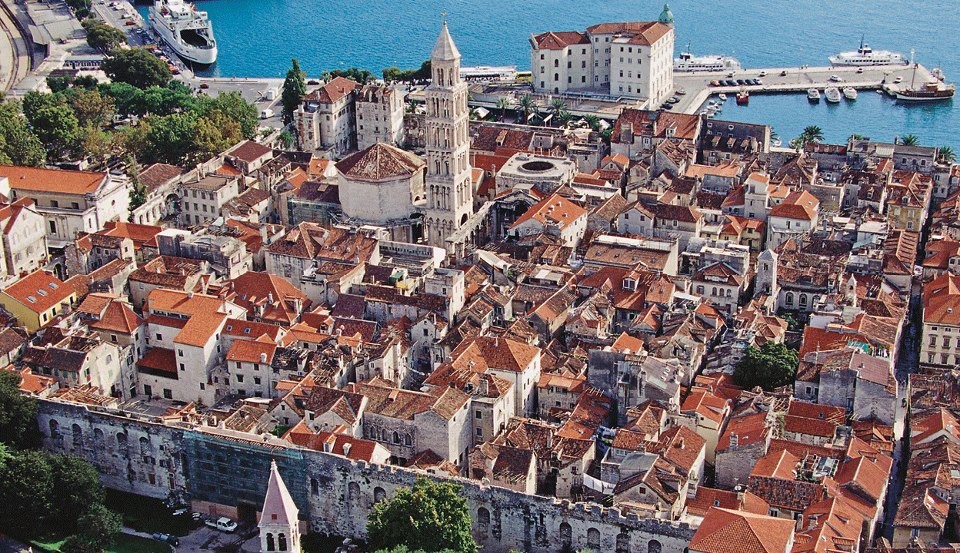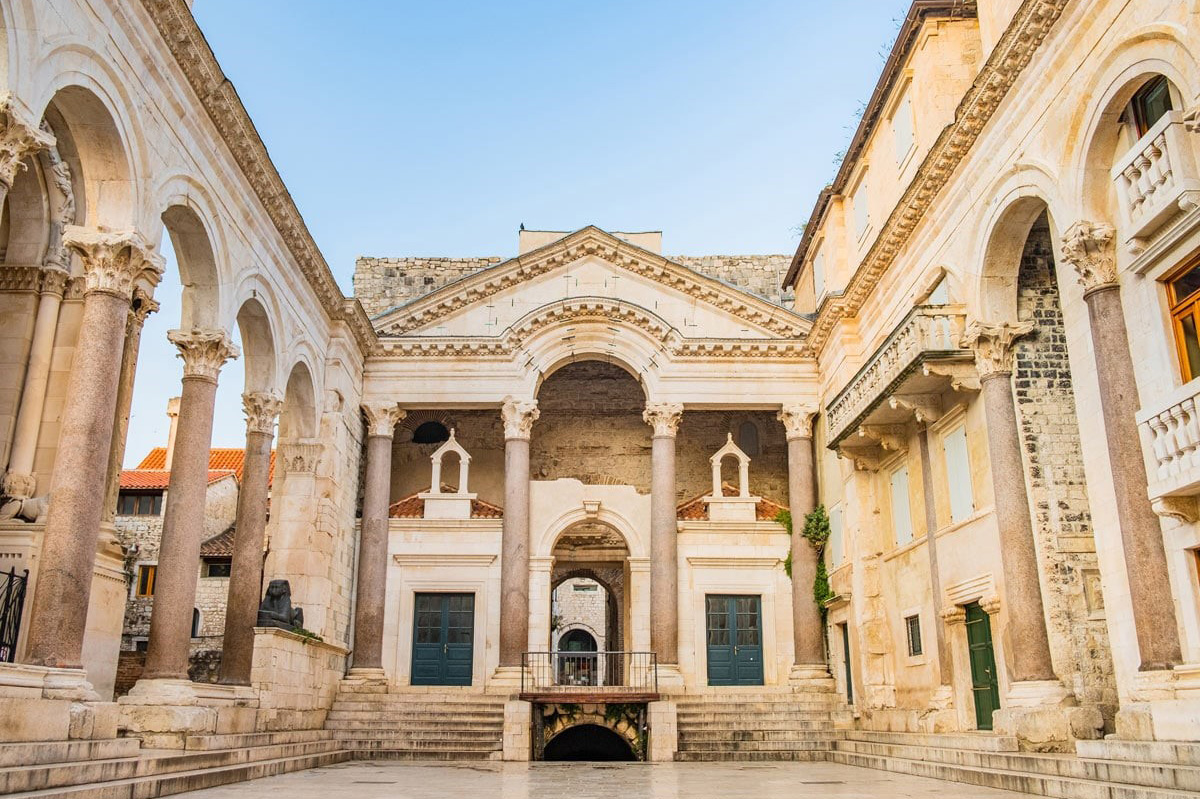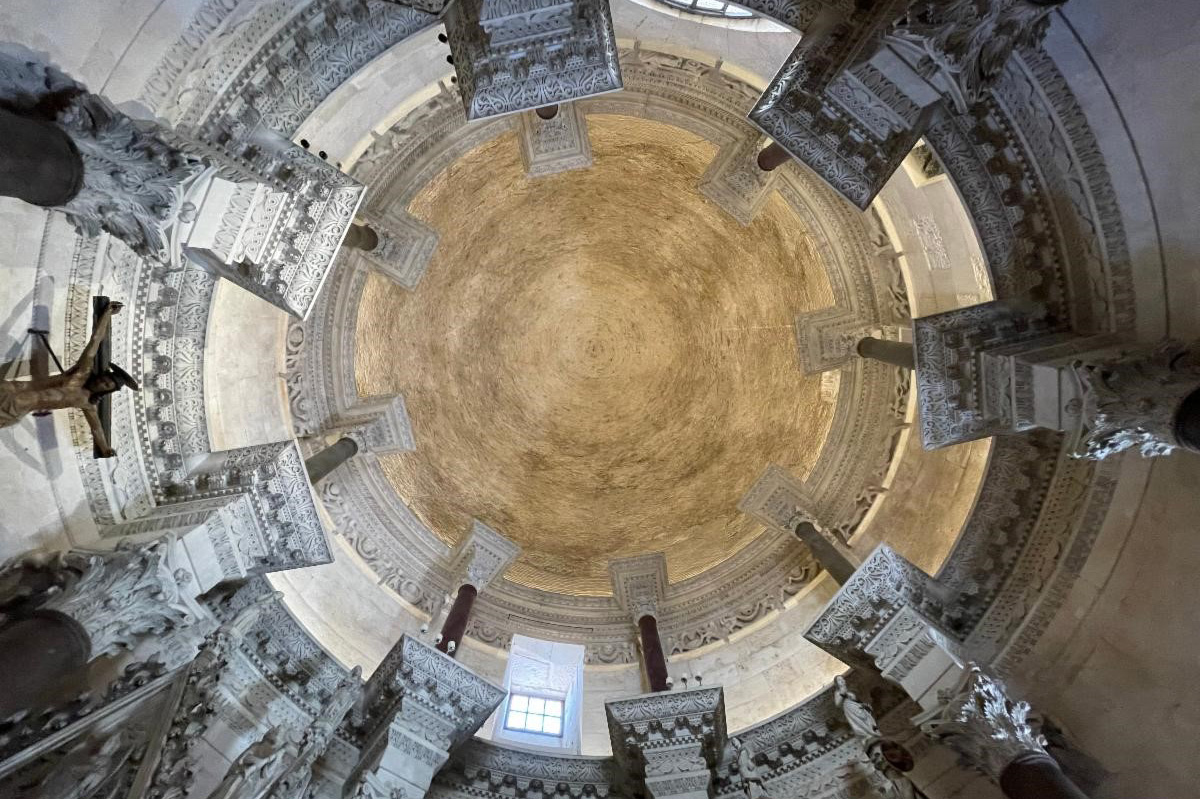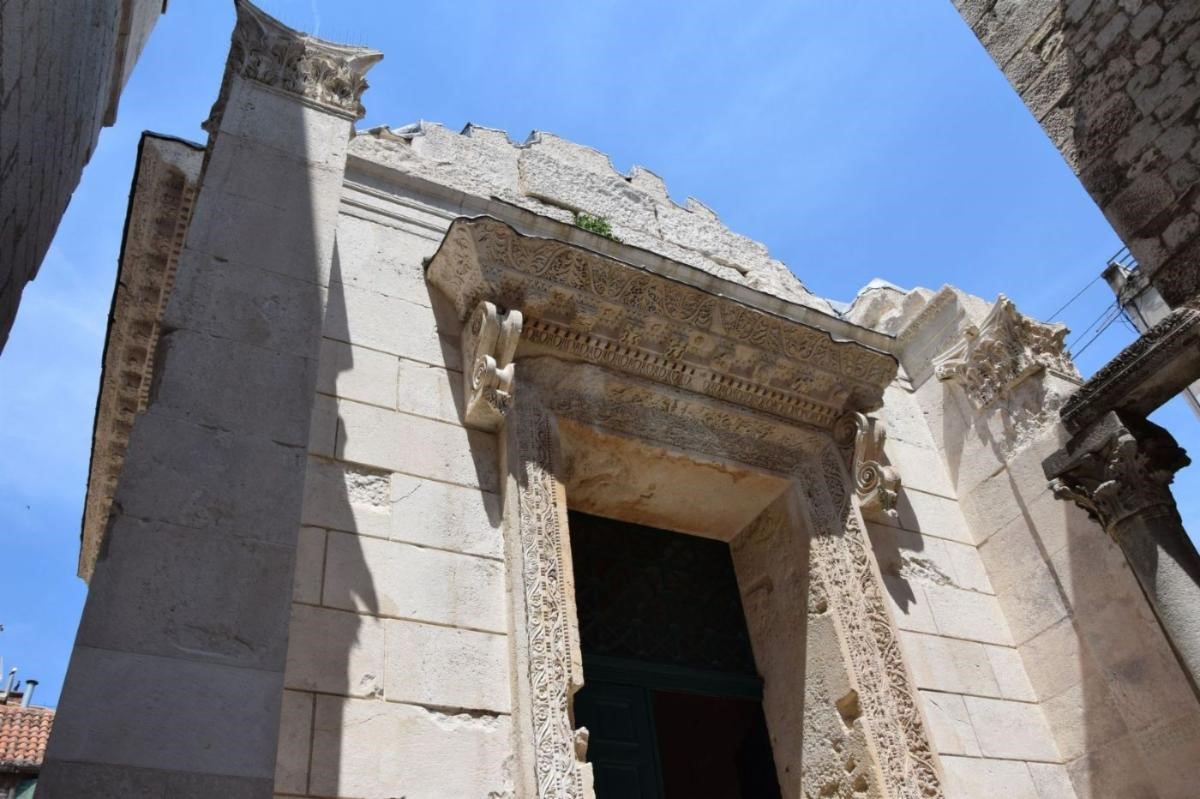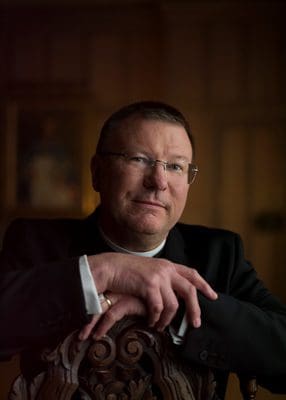
Dear Friends,
It has been good hearing many of your stories of travel during the summer and new places discovered. This summer’s great surprise discovery for Alison and me was the Croatian city of Split. This beautiful city, founded around 300 years before Christ, was for much of its later history under Venetian control. It is on the Dalmatian Coast and the city is extraordinary and easy to navigate on foot. The surprise was discovering that the Roman Emperor Diocletian chose it as the place to which he would retire. There, he built a magnificent palace and temple complex, completed in 305 AD, that included his own Mausoleum where he was subsequently buried. There are parts of the palace complex built into Venetian homes and palaces, but a great deal of the original palace and mausoleum is intact. Diocletian was one of the last Tetrarchs and, after retiring due to ill health in 305, watched that form of Roman governance fall apart through civil war, leading to Constantine becoming the only Emperor.
Diocletian was one of the cruelest emperors in the persecution of Christians, responsible for the martyrdom of many using extreme forms of torture. With the support of the other Tetrarchs, he attempted to make Christianity unlawful by publishing edicts, persecuting the bishops, and seizing church property. However, after the Edict of Milan, the Emperor Constantine gave the Mausoleum and the Temple of Jupiter to the Christian community who promptly turned the Mausoleum into a cathedral and the Temple of Jupiter into a baptistry. The irony is not lost on Christians visiting today, and seeing the great Mausoleum with a Christian altar rather than the emperor’s grave is very poignant.
It was Tertullian in the second century that used the phrase “the blood of martyrs is the seed of the Church.” A Christian martyr, of course, is someone who has stood up for Jesus and the faith. The word martyr from the Greek means “to bear witness.” The martyrs are, therefore, witnesses to Jesus and his redeeming love. We, too, can bear witness in our own day; we may not be asked to make the supreme sacrifice, but when we stand up against attacks on the Church and our faith, or when we protest against the indifference shown by so many to God’s way of peace and justice, then we are aligned with the lives of the early martyrs and put our faith into action.
The Community Outreach Group is committed to ‘faith in action,’ and continues to go from strength to strength. The group would like to hear from you and you will find a short article and survey below; please take a moment to read it and respond. In just a few weeks’ time, we will begin a small but important feeding program that will also welcome people in need as our brothers and sisters. Our hope is for this to grow in time and for other forms of outreach to develop.
Finally, a number of you have asked to hear Bishop Andrew St. John’s excellent sermon on the Feast of the Assumption; we include a link below.
If you are in the city this weekend, I hope to see you at Saint Thomas at one of our services.
With best wishes,
Your Priest and Pastor,
Carl

